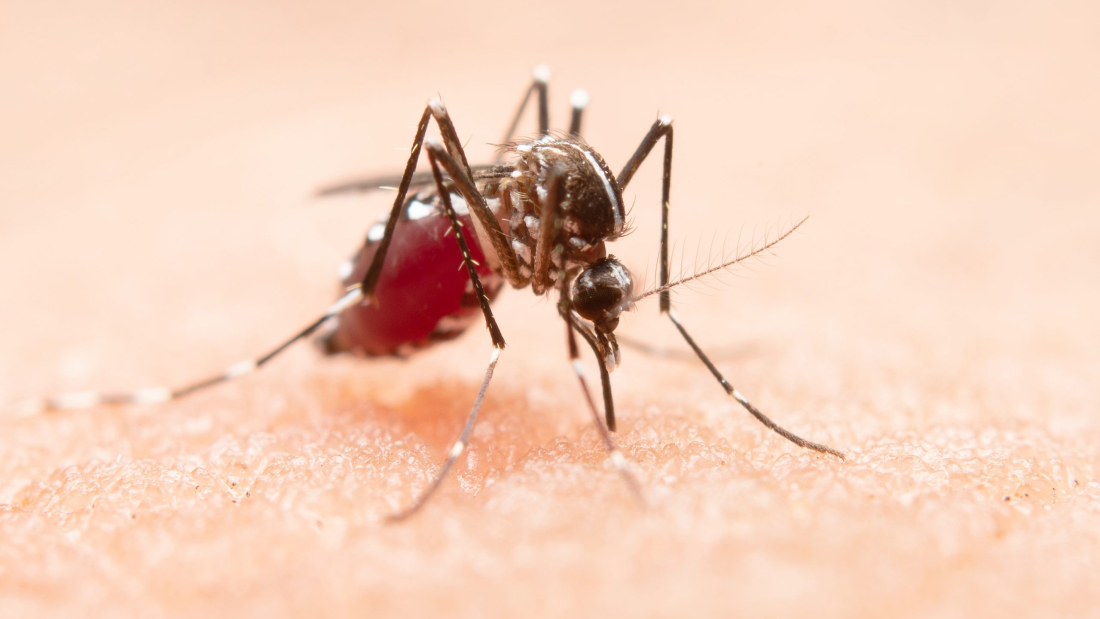On Monday scientists began a Phase 1 human clinical trial to test safety and immunogenicity, or the ability to provoke an immune response, of the Zika purified inactivated virus (ZPIV) vaccine.
The study, supported by the National Institutes of Health’s National Institute of Allergy and Infectious Disease will vaccinate 75 healthy adults.
Zika is a flavivirus that is transmitted primarily by the Ades mosquitos and causes rashes and mild fevers in adults. It has also been linked to birth defects such as microcephaly.
Scientists from the Walter Reed Army Institute of Research will first vaccinate some volunteers against other similar flaviviruses, such as yellow fever, before administering the ZPIV vaccine.
Preclinical studies showed that ZPIV was successful in protecting rhesus monkeys against two strains of the Zika virus.
“The Army has moved efficiently from recognizing Zika virus as a threat, producing ZPIV for use in animals and demonstrating its effectiveness in mice and monkeys, producing ZPIV for human testing, and now initiating clinical trials to establish its safety and built the case for subsequent efficacy trials,” Col. Nelson Michael, director of WRAIR’s Military HIV Research Program and Zika program co-lead said in a prepared statement. “All of this was done in 10 months.”
The new vaccine candidate was established at the beginning of 2016 using the same technology used to develop the Japanese encephalitis vaccine.
Sanofi Pasteur recently entered into a cooperative research and development agreement with the Army to obtain the ZPIV technology so that it can invest in larger scale manufacturing and to further develop the vaccine.
The Army is invested in this research not only because troops are deployed to areas where Zika virus is a cause for concern, but also because many members of the military are concentrated in U.S. southern states where Zika transmission is more common.
According to a news release, since the beginning of November there were 149 confirmed Zika virus cases in the military health system.
Principal investigator of the study, Maj. Leyi Lin said that Zika infections can lead to severe birth defects and neurological issues and that a proven Zika vaccine is a global public health priority.
In addition to the current study, three other Phase 1 trials will test ZPIV this year. Scientists from St. Louis University will investigate ideal dosing to be used in further studies, while researchers from Harvard Medical School and Beth Israel Deaconess Medical Center will examine the immune response and safety of a compressed vaccine schedule. There will also be a trial to test ZPIV’s immunogenicity and safety in patients who have already been infected with the Zika virus.
Source: http://www.biosciencetechnology.com/news/2016/11/scientists-begin-testing-zika-vaccine-humans
Date: 11/09/2016


Add a Comment